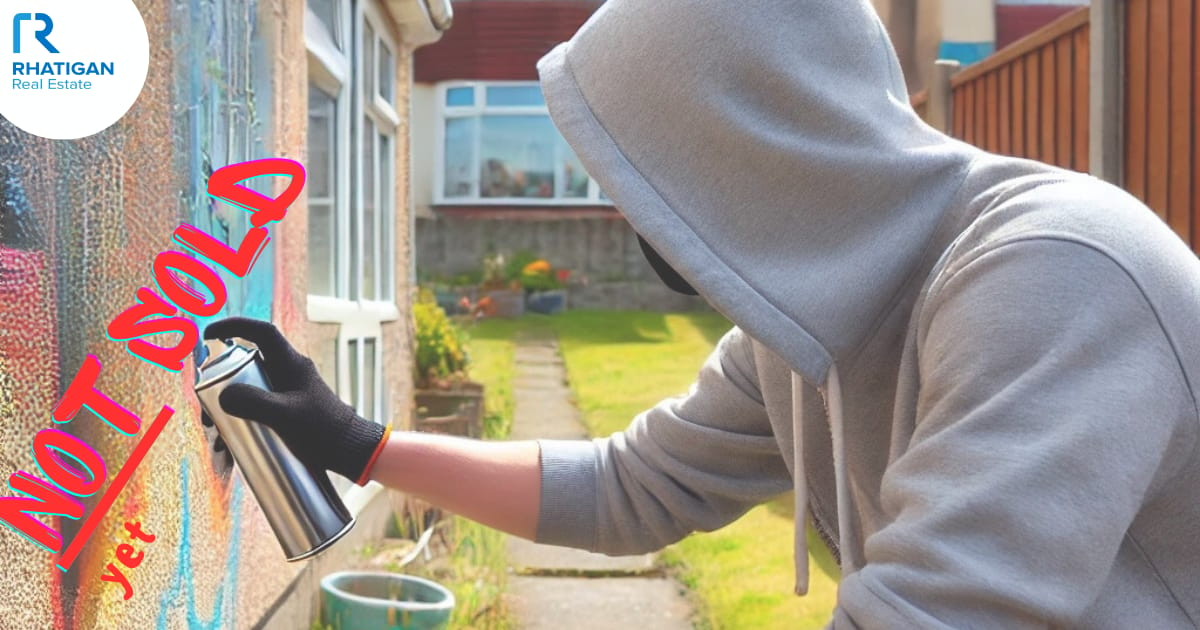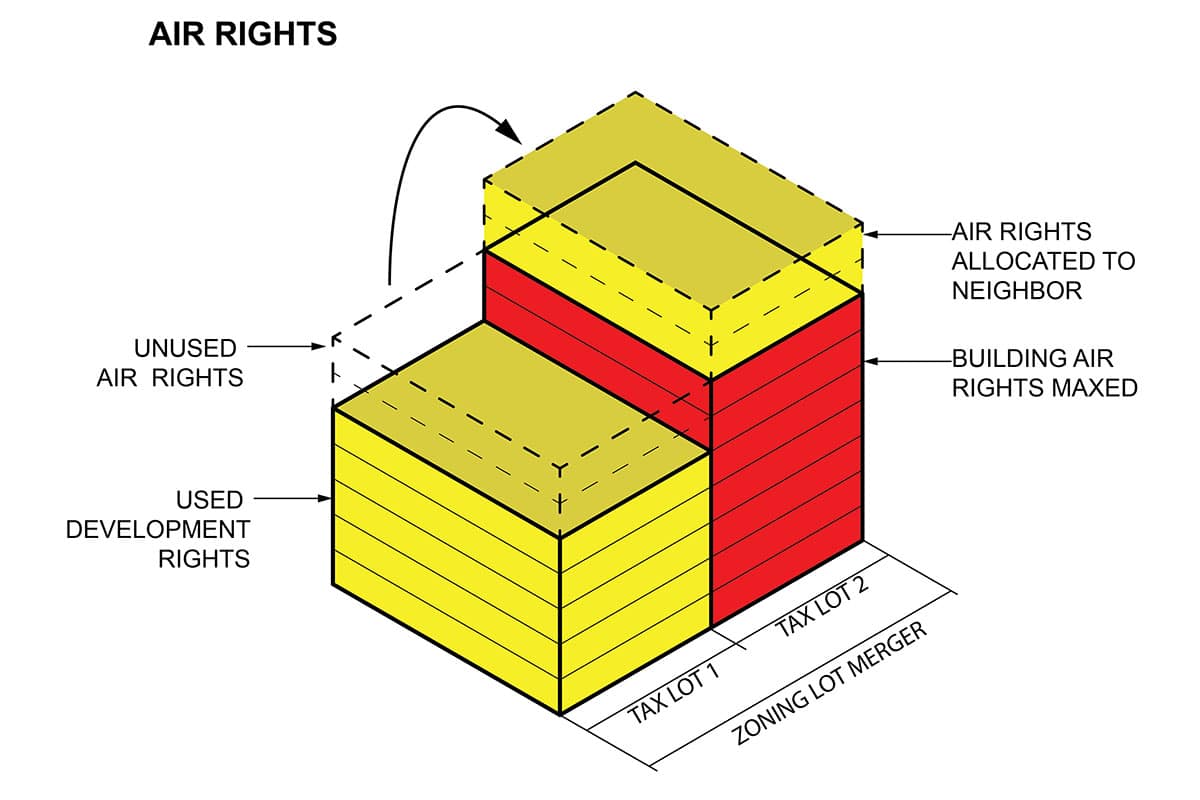
In the dynamic and often unpredictable world of real estate, a new phenomenon has emerged in the Irish residential property market, a phrase I coined (If I am wrong let me know!) "Silent Sale Agreed." This term refers to a property that has been agreed upon for sale to a buyer but, for various reasons, is not publicly marked as such. Understanding why this happens and what it means for all parties involved requires a deeper dive into the current market conditions and the motivations behind this practice.
Why Does "Silent Sale Agreed" Happen?
1. Low Supply and High Demand
The Irish property market in 2024 is characterised by a significant imbalance between supply and demand. According to recent reports, housing supply remains critically low, with only 30,000 - 35,000 new homes expected to be built this year, far below the number required. This shortage continues to create a fiercely competitive environment where buyers are vying for limited properties, and agents are under pressure to maintain visibility and engagement with potential clients.

2. Practicality for Agents
For real estate agents, maintaining active listings is crucial for public engagement and building a robust database of potential buyers. By keeping a property listed as available, even after an agreement has been reached, agents can continue to attract interest and potentially find backup buyers in case the initial deal falls through. This strategy is not about deception but about practicality in a market where securing a deal is not guaranteed until contracts are signed.
3. Motivating Buyers
Keeping the sale status silent can also serve as a subtle nudge for the buyer to expedite the process. The home-buying journey involves numerous steps, from securing financing to conducting surveys and legal checks. By not marking the property as sale agreed, agents can encourage buyers to stay proactive and committed, ensuring a smoother and faster transaction.
"Sometimes it's better to remain silent and be thought a fool than to speak and remove all doubt."
4. Sensitivities of the Seller
Sellers may have personal reasons for not wanting the sale to be published prematurely. These can range from not wanting to inform neighbours or family members until everything is finalised, to superstitions about "jinxing" the sale. In Ireland, property transactions are particularly precarious until contracts are exchanged and a non-refundable deposit is paid. Previous negative experiences can make sellers cautious and prefer discretion until the deal is legally binding.
Property Tax Due A Change?
The Impact on Stakeholders
For Sellers
- Positives: Maintaining privacy, avoiding premature announcements, and managing personal or family sensitivities.
- Negatives: Potentially fewer backup offers if the initial deal falls through and a longer listing duration which could raise questions about the property’s desirability.
For Buyers
- Positives: Motivation to expedite their processes and remain diligent throughout the transaction.
- Negatives: Uncertainty about the property's status can cause stress and confusion, especially if they believe the property is still available.
For Agents
- Positives: Continued engagement with prospective buyers, maintaining a lively portfolio, and having backup options if the initial sale fails.
- Negatives: Perceived as misleading or deceptive, which could harm the agent’s reputation and trust with clients.
For the General Public
- Positives: Opportunities to see more properties during their search, potentially leading to increased competition and higher sale prices.
- Negatives: Frustration when pursuing properties that are technically off the market, leading to wasted time and effort.

Random Real Estate Trivia
In New York City, there's an unusual phenomenon called "air rights." This allows property owners to sell the empty space above their buildings to adjacent property owners. These air rights enable developers to add more floors to their buildings than zoning laws would typically allow.

This practice has led to the creation of some of the city's tallest and most iconic skyscrapers. For example, the super-tall residential towers along Billionaires' Row, near Central Park, often rely on purchased air rights to achieve their incredible heights.
For those interested in the technical side of these look below
(you know who you are!)
Balancing the Practice: Pros and Cons
While the "Silent Sale Agreed" practice has its benefits, it also presents challenges that must be carefully managed to ensure fairness and transparency in the market.
Positives of Not Marking a Property as Agreed
1. Enhanced Engagement: Keeps potential buyers engaged and agents’ databases growing.
2. Backup Buyers: Provides a safety net for sellers and agents if the initial deal falls through.
3. Buyer Motivation: Encourages buyers to complete necessary steps promptly, leading to quicker transactions.
Negatives of Not Marking a Property as Agreed
1. Perception of Deception: Can be seen as misleading by buyers, damaging trust.
2. Buyer Frustration: Leads to wasted time for buyers pursuing already agreed-upon properties.
3. Potential Legal Issues: If not managed transparently, it can lead to disputes and dissatisfaction.
Conclusion
The "Silent Sale Agreed" trend in the Irish property market reflects the complexities and pressures faced by sellers, buyers, and agents alike. While it can be a practical approach in a highly competitive market, it is crucial to balance this practice with transparency and fairness to maintain trust and integrity in real estate transactions.
Key Takeaways
1. Understand Market Dynamics: Recognise the role of low supply and high demand in shaping property listing practices.
2. Communicate Clearly: Agents should ensure transparent communication with both buyers and sellers to manage expectations.
3. Balance Privacy and Transparency: Respect the seller's need for discretion while keeping potential buyers informed to avoid misunderstandings.
4. Stay Proactive: Buyers should remain diligent and proactive, ensuring they stay ahead in the competitive market.
5. Leverage Professional Expertise: Working with a knowledgeable property advisor can provide valuable guidance and support, ensuring a smoother transaction process.
By understanding the motivations and impacts of the "Silent Sale Agreed" practice, all parties can navigate the property market more effectively, ensuring smoother transactions and ultimately, more satisfied buyers and sellers.

P.S. As a subscriber if you have friends or family who are feeling lost in their property journey they can book a 30 minute session with me to help them get clear (no sales pitch, just guidance & an impartial ear).
They can book it here.
If you like this content please share it with your friends or check out Linkedin where I post twice a day every day on all things property,
Andrew
Questions? Send me a message:




